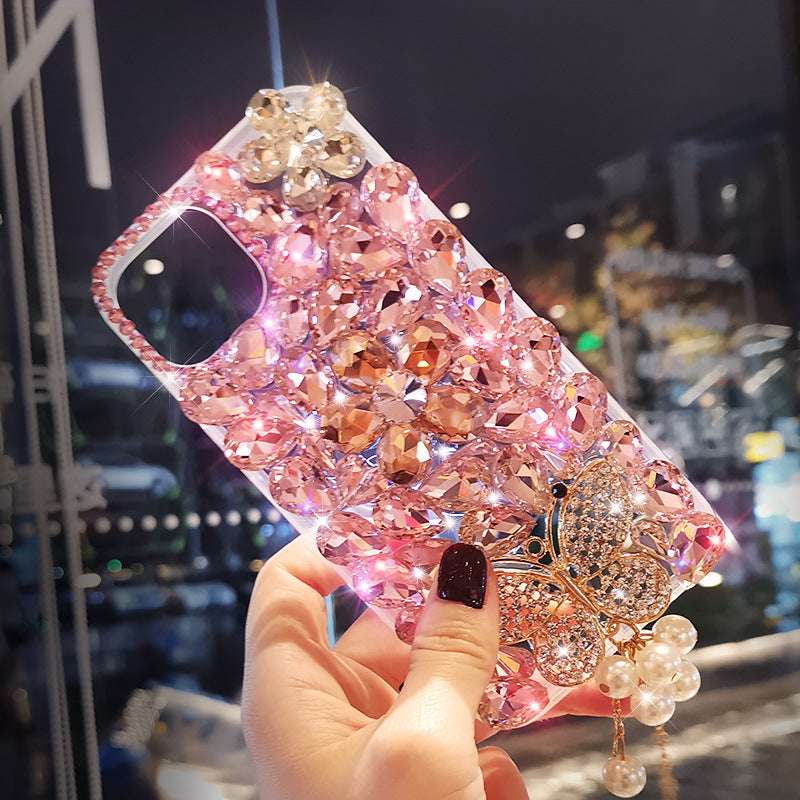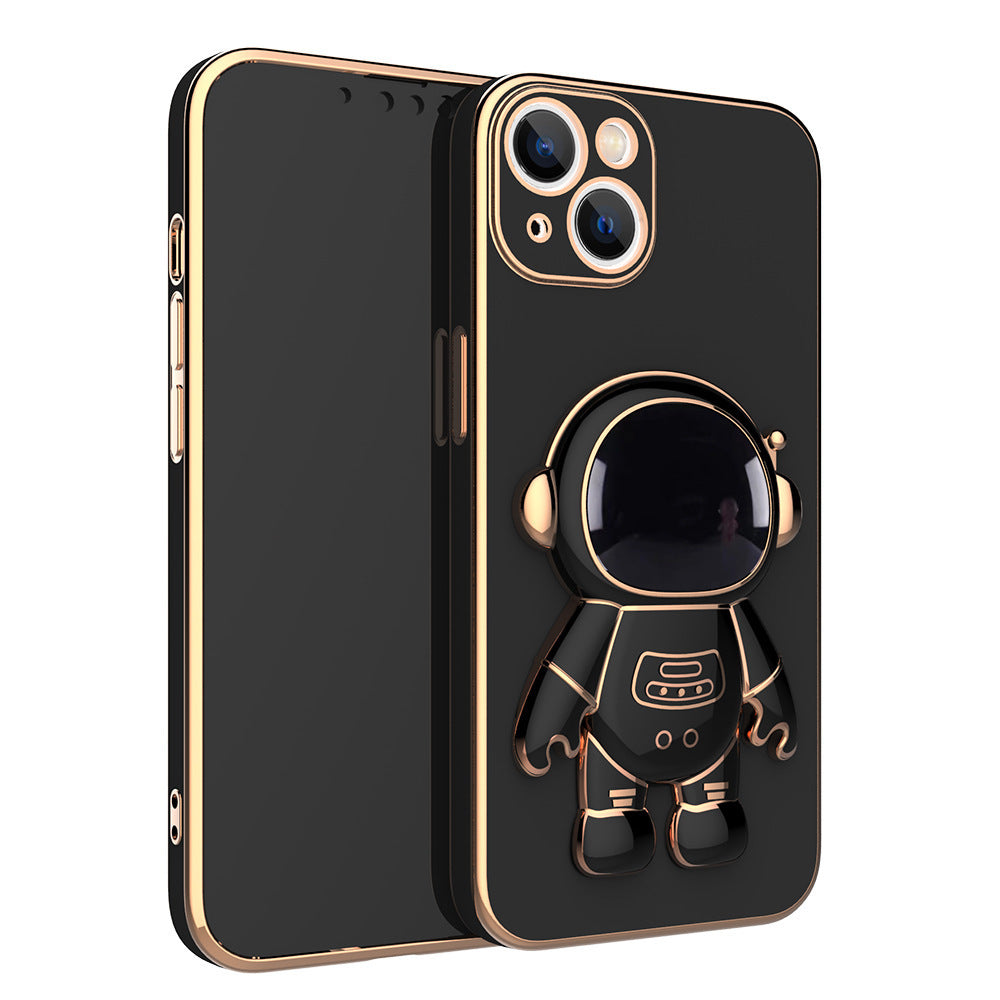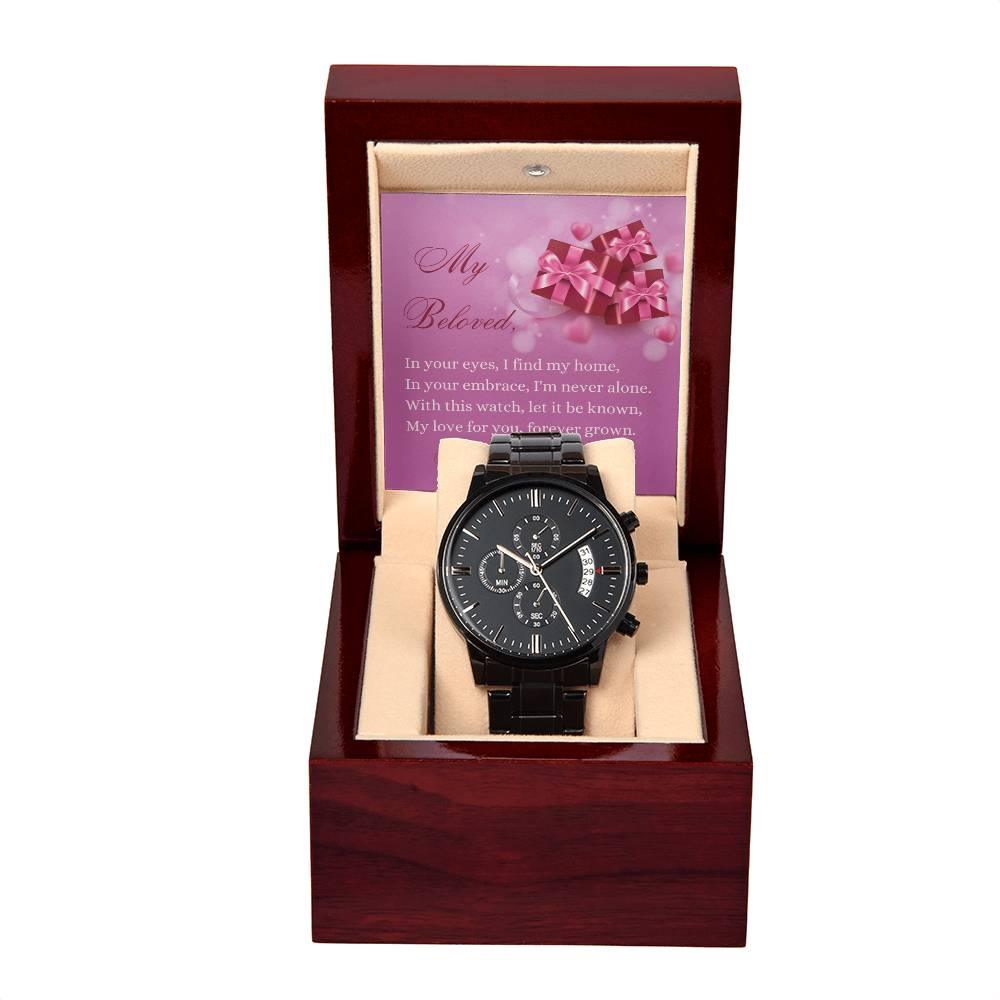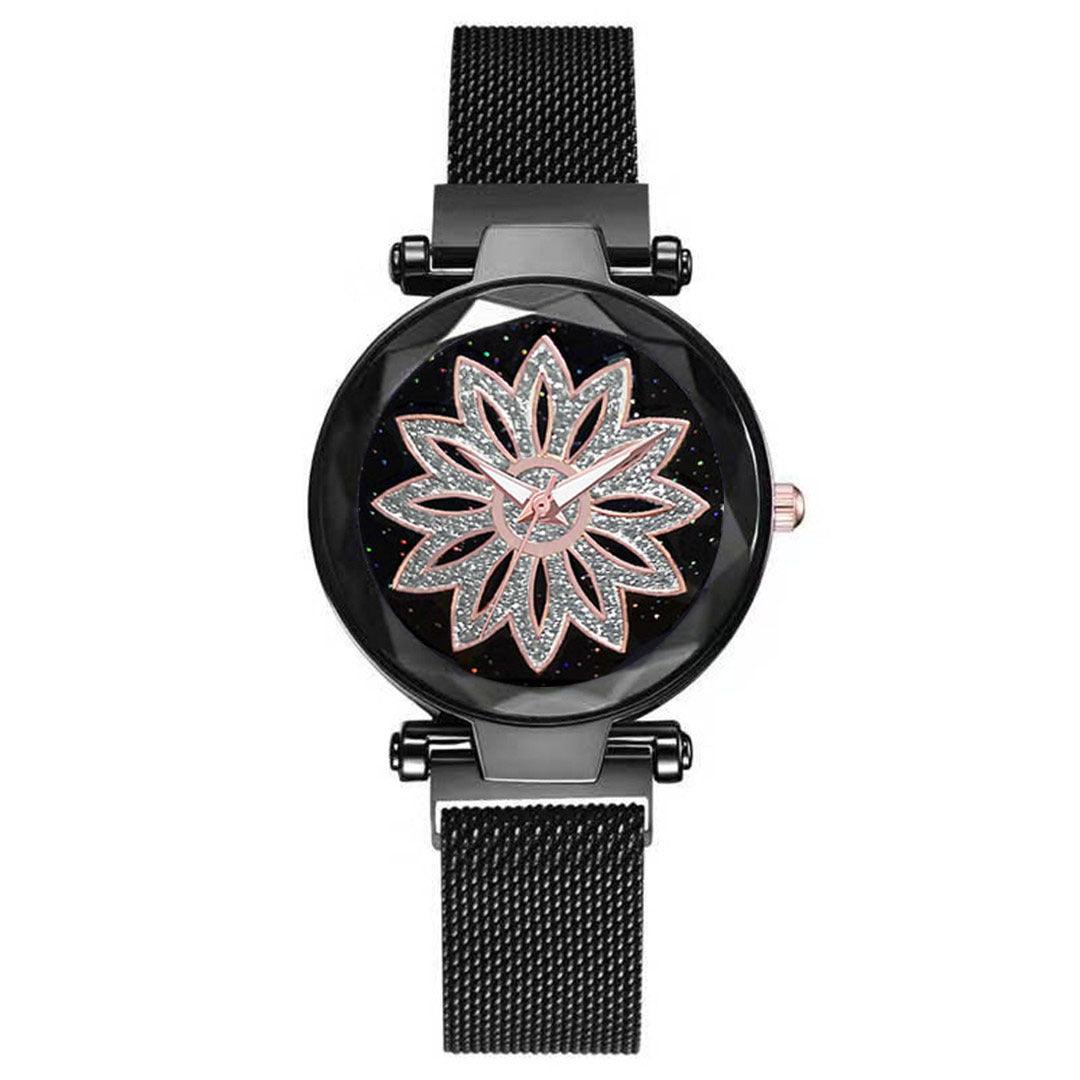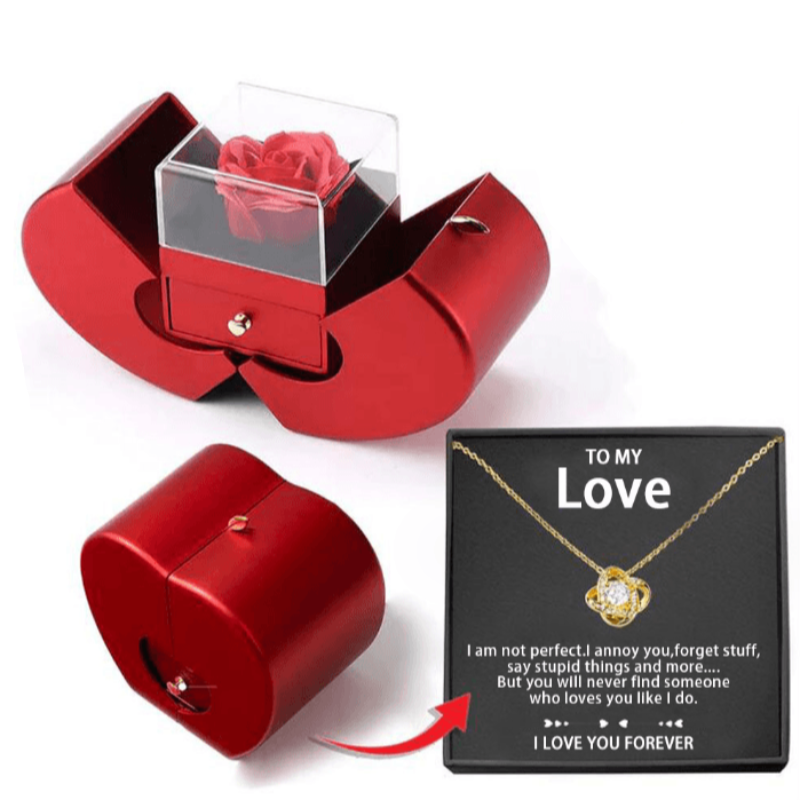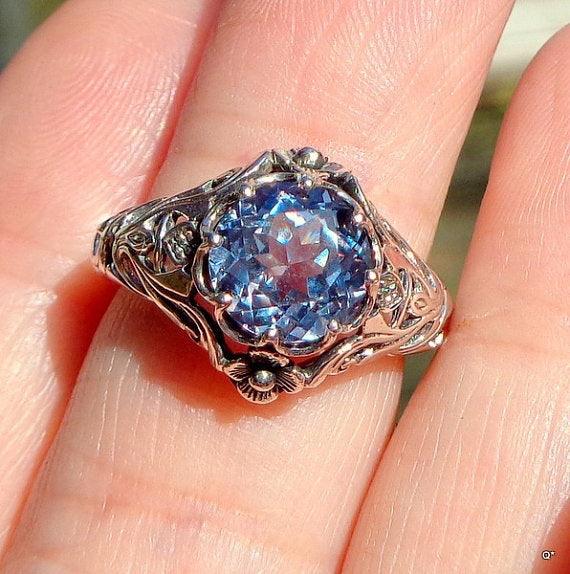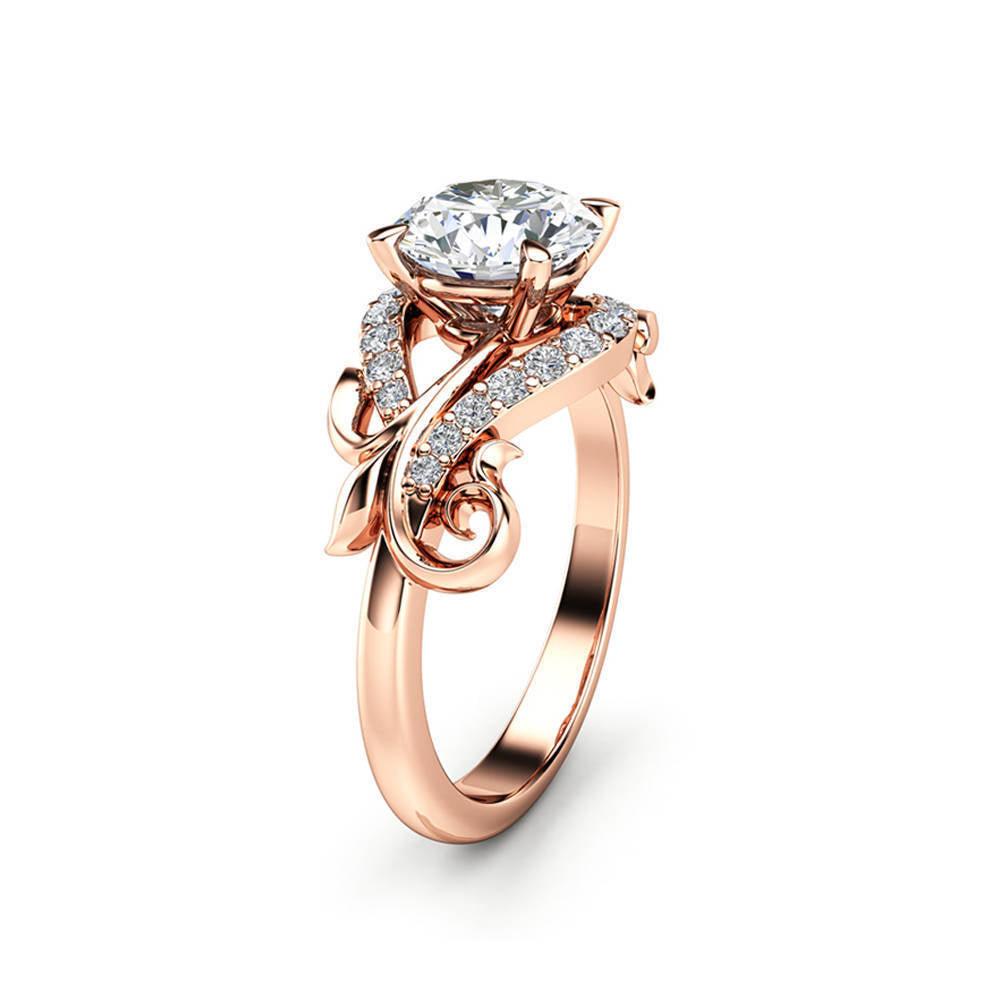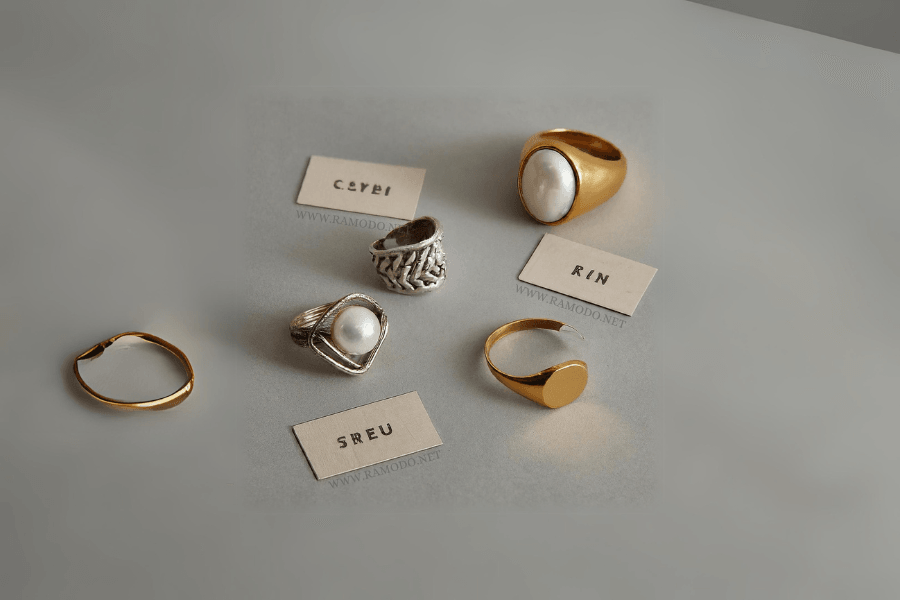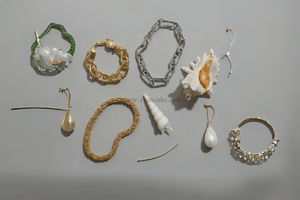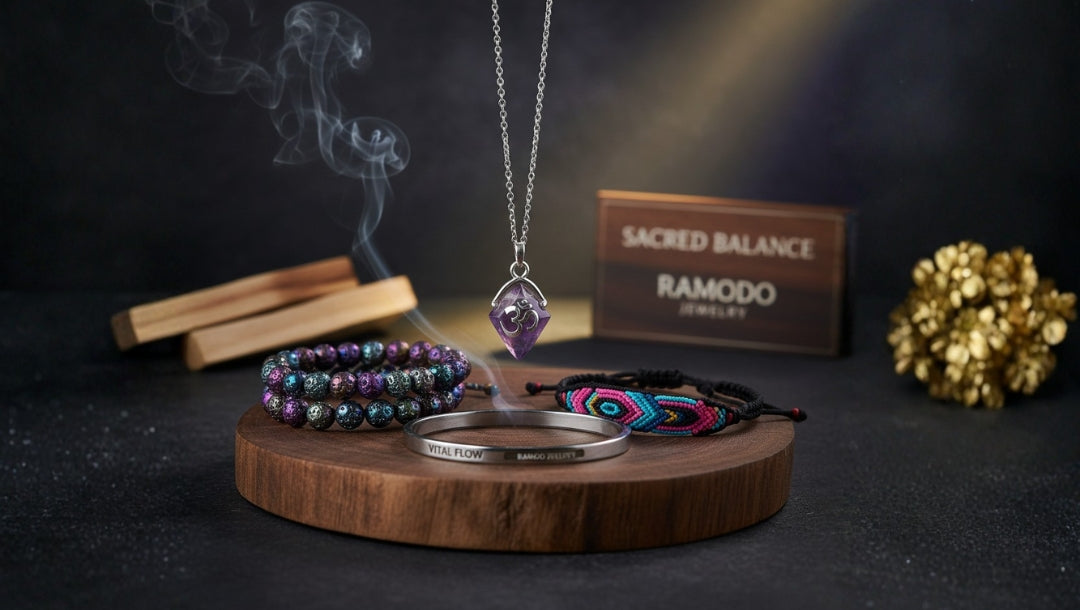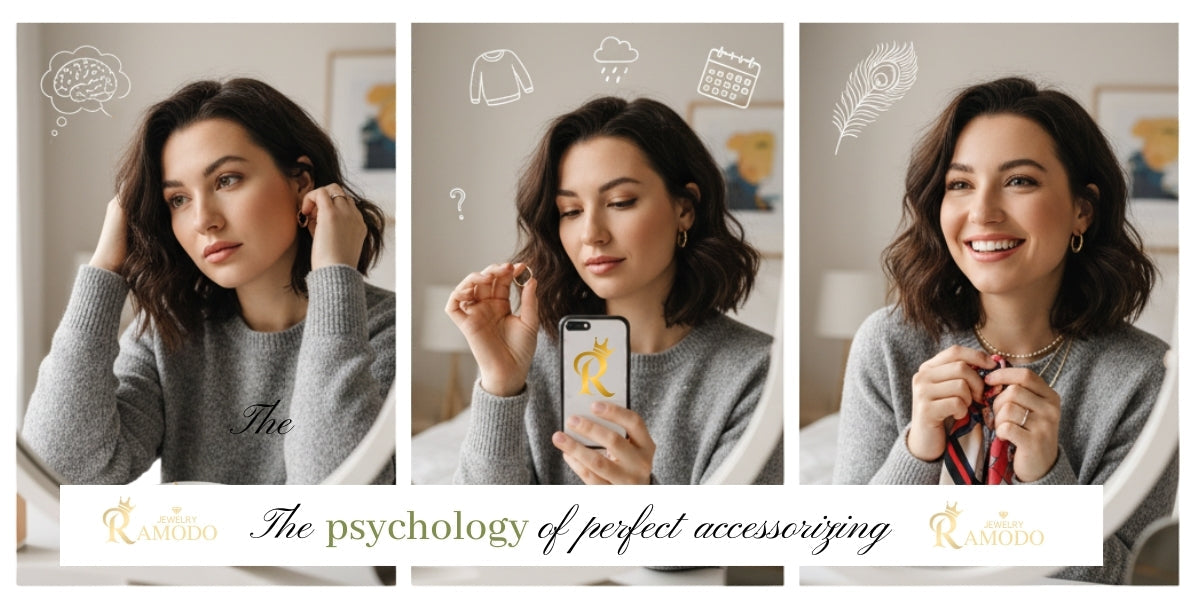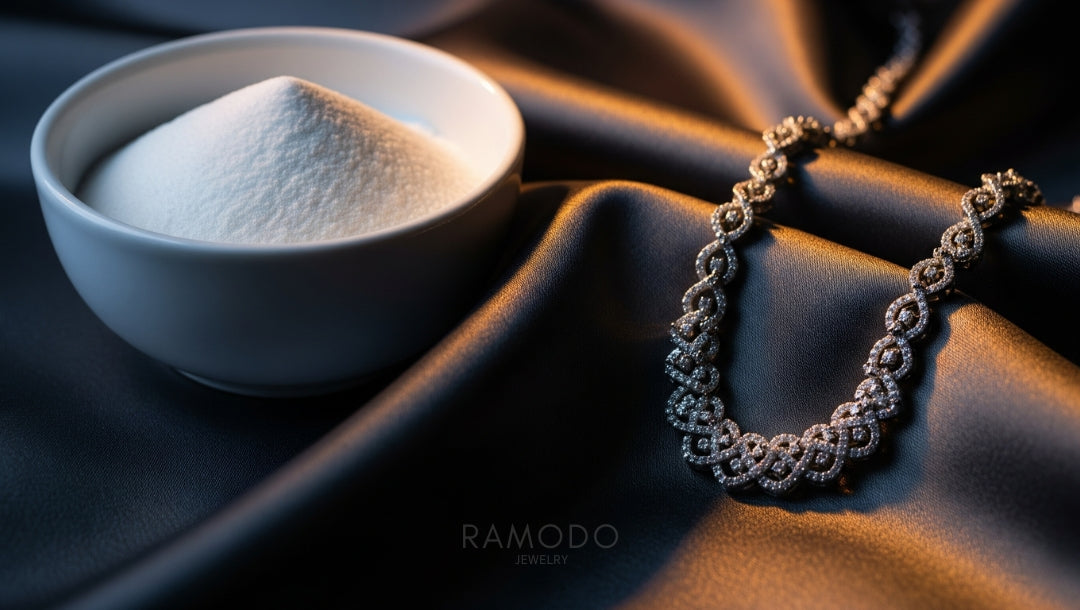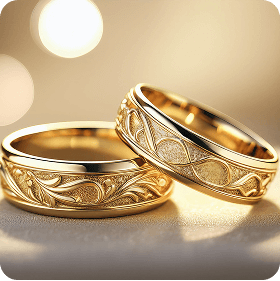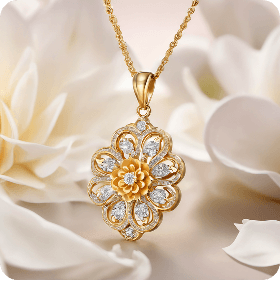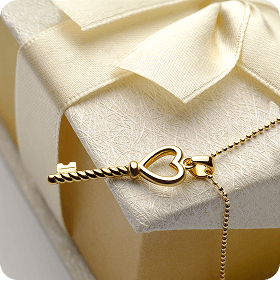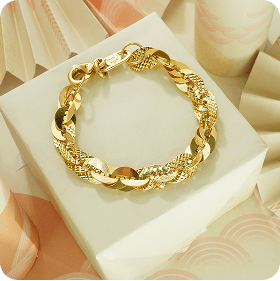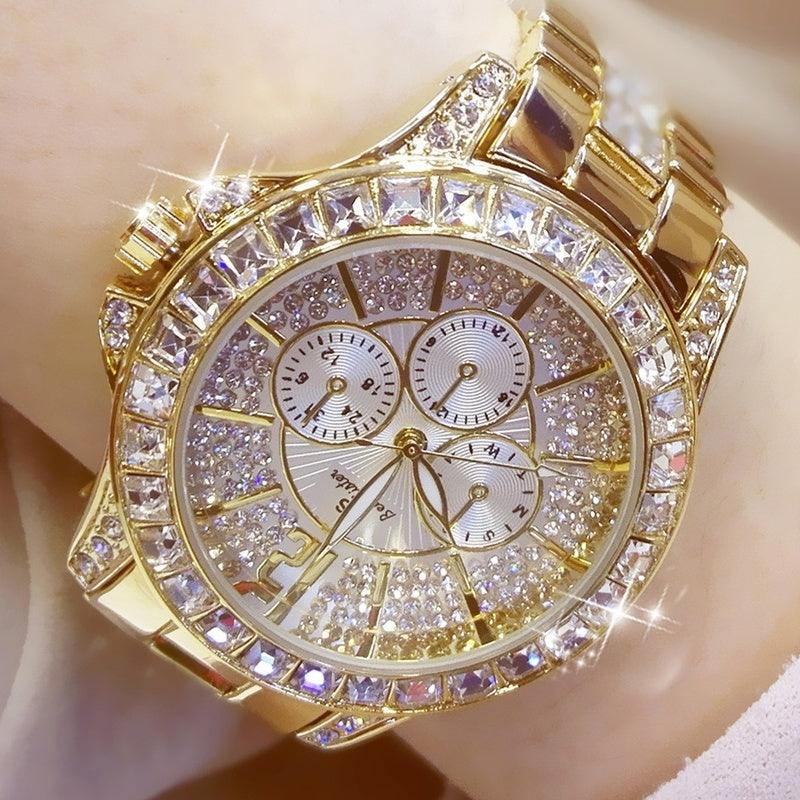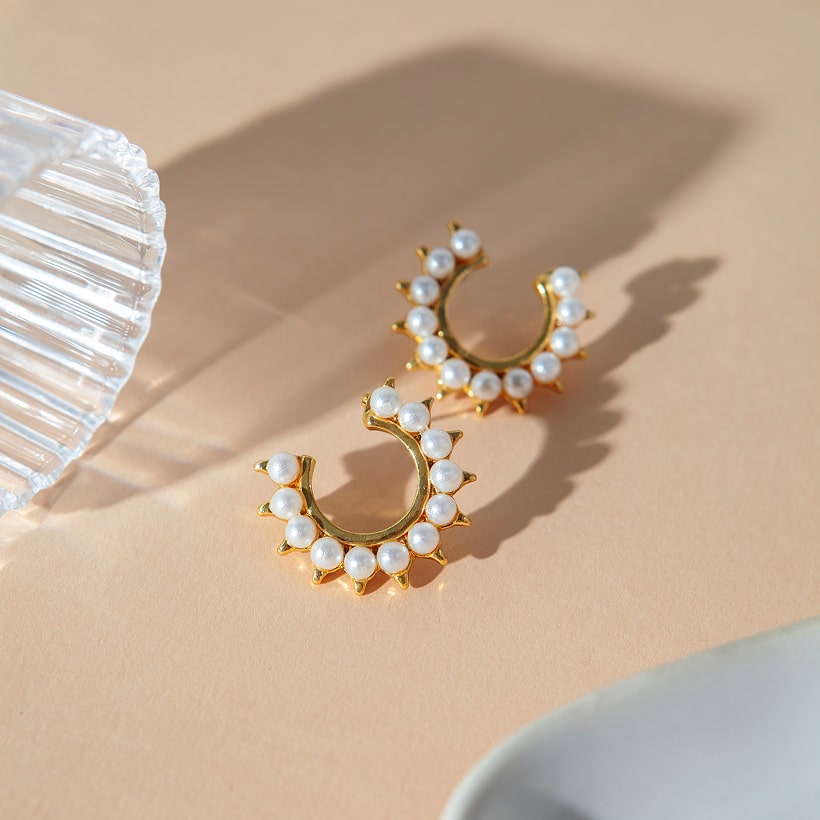Rings, those enduring circles of precious metal (or other materials!), have graced human fingers for millennia. Yet, the very names we use for these adornments reveal a fascinating tapestry of linguistic diversity, reflecting the unique cultural contexts in which they are worn. Today, we embark on a global exploration, delving into the captivating world of ring nomenclature across various languages.
European Delights:
- French: "Bague" (bahg) serves as the standard term for ring, while "alliance" (ah-lee-ahns) specifically denotes a wedding band.
- Spanish: The common word for ring is "anillo" (ah-nee-yo), with "sortija" (sor-tee-ha) signifying a smaller, more delicate ring.
- Italian: "Anello" (ah-nel-lo) is the Italian word for ring, with "vera" (veh-rah) specifically referring to a wedding band.
- German: While pronounced similarly to English, "Ring" remains the most common term. "Ehering" (ay-her-ing) denotes a wedding ring.
- Ancient Greek: "Δακτύλιος" (Daktylios) translates to finger ring, highlighting the connection to the adorned finger.
- Hebrew: "טבעת" (Taַbּeat) is the Hebrew word for ring, with a similar pronunciation to its English counterpart.
- Portuguese (European & Brazilian): "Anel" (ah-nel) serves as the common term for ring in both Portugal and Brazil.
Venturing Eastward:
- Mandarin Chinese: "Jiezhi" (jye-jhih) translates to finger ring, with "hunjie" (hoon-jyeh) specifically referring to a wedding band.
- Japanese: "Yubiwa" (yoo-bee-wa) is the general term for ring, while "yubiwa ban" (yoo-bee-wa bahn) refers to a wedding band, literally translating to "finger ring band."
- Hindi: "Anguthi" (ahn-goo-thee) is the Hindi word for ring, with "shaadi ki anguthi" (shah-dee kee ahn-goo-thee) signifying a wedding band.
Beyond the Usual Suspects:
- Arabic: "Khātim" (khah-teem) is the general term for ring, with "khātim al-zawāj" (khah-teem al-zowwadj) meaning wedding band.
- Swahili: "Pete" (peh-tay) is the Swahili word for ring, while "pete ya ndoa" (peh-tay ya n-do-ah) specifically refers to a wedding band.
- Russian: "Koltso" (kol-tsoh) translates to ring, with "obruchal'noe kol'tso" (o-broo-chal'-no-ye kol'-tso) signifying a wedding band.
- Sesotho: "Mōalo" (mo-ah-lo) is the Sesotho word for ring, reflecting the rich linguistic diversity of the African continent.
- Yoruba: "Ìwọn" (ee-wohn) translates to ring in Yoruba, a widely spoken language in West Africa.
Across the Americas:
- Nahuatl (Aztec Language): "Tlahuitl" (tlah-wee-tl) signifies a precious ring in Nahuatl, spoken by the Aztec civilization.
- Quechua (Inca Language): "Kuntur" (koon-toor) translates to ring in Quechua, the language of the Inca Empire.
Island Delights:
- Hawaiian: "Pūkaukau" (poo-kow-kow) is the Hawaiian word for ring, with a beautiful rhythmic sound.
- Polynesian Languages (General): "Fa'a'au" (fah-ah-ow) is a common term for ring across various Polynesian languages, showcasing shared cultural elements.
Beyond Borders:
- Esperanto: "Ringo" (ring-go) is the Esperanto word for ring, reflecting the constructed language's focus on global understanding.
- Latin: "Anulus" (ah-noo-loos) translates to ring in Latin, the foundation for many European languages.
This exploration merely scratches the surface of the remarkable diversity in ring nomenclature across the globe. Each term carries a unique cultural significance, adding to the rich tapestry of human expression.
Bonus Fact: Some languages distinguish between different ring materials. For instance, in French, a signet ring is called a "chevalière and in Japanese, a gold ring is called a "kin no yubiwa" (kin no yoo-bee-wa).
Exploring Further:
As you delve deeper into specific languages or explore online resources dedicated to etymology, you'll discover even more fascinating ring names.
Do you have a favorite ring or a unique ring name in your language? Share your thoughts in the comments below!
By appreciating the linguistic diversity surrounding rings, we gain a deeper understanding of different cultures and the stories these timeless adornments hold.

